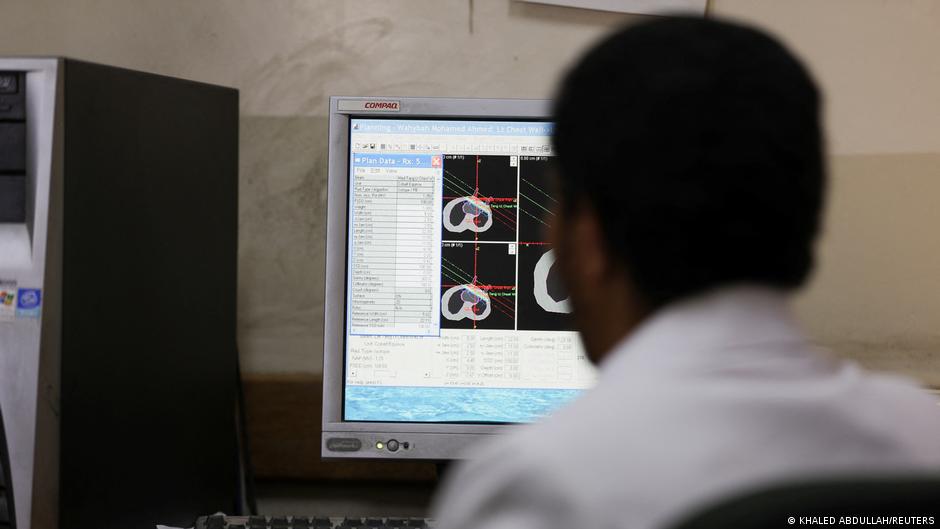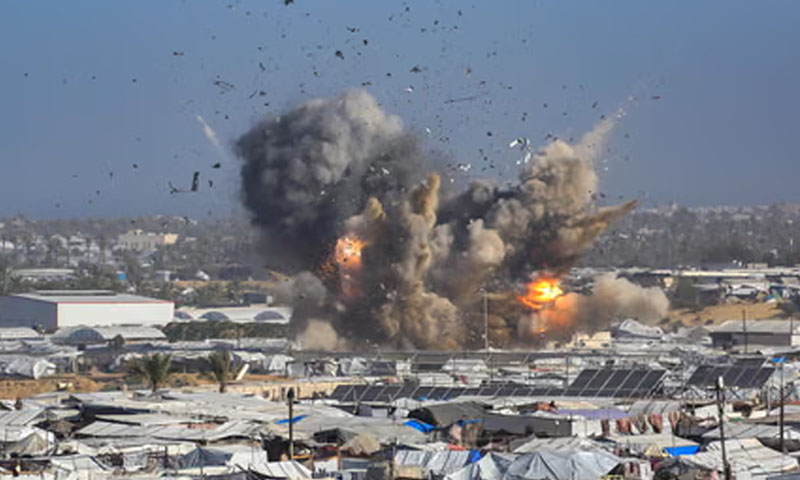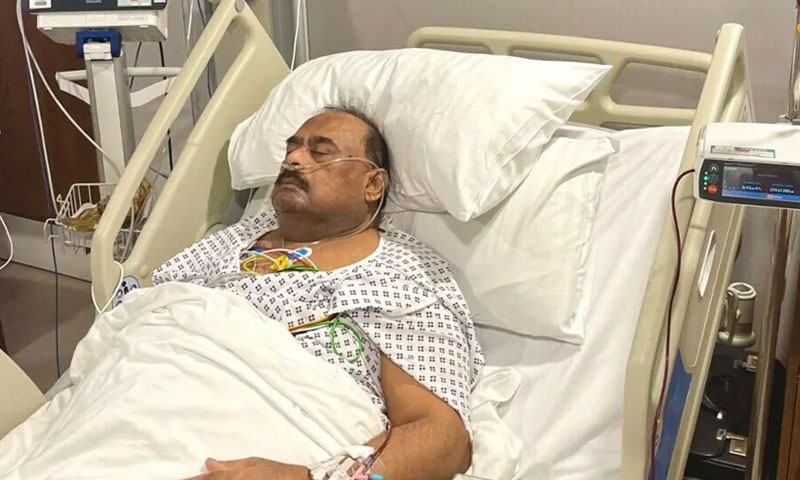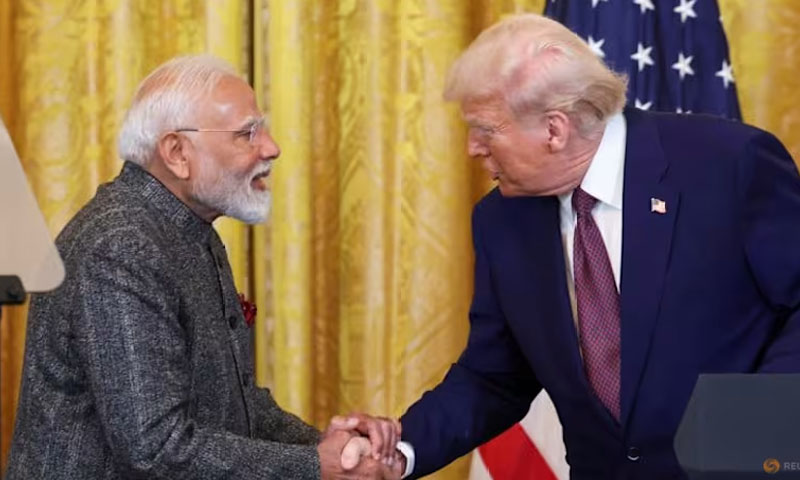- Web Desk
- Feb 04, 2026
Why are cancer cases soaring in India?

WEB DESK: The number of people suffering from cancer is expected to rise exponentially over the next two decades, health experts warn.
Praful Reddy, 49, an IT professional from southern Andhra Pradesh state, suffers from lung cancer and has been undergoing targeted therapy, chemotherapy, and radiation to stop its spread since he was diagnosed two years ago.
Vomiting, headache, and ulcers are a few of the recurring side effects that Reddy faces and he has no idea if he will get well, although doctors are holding out hope for his recovery.
“The doctors have been administering drugs to block the growth and spread of cancer cells. If it does not improve, I might have to undergo a lobectomy to remove the entire lobe of one lung,” Reddy told DW.
In the city of Bengaluru, in neighbouring Karnataka state, 12-year-old Dipti is undergoing treatment for Wilms tumour, a type of cancer that affects the kidneys.
“She is undergoing radiation therapy for now but it has caused side-effects such as skin damage and hair loss,” Charu Sharma, her doctor, told DW.
These are not isolated cases, as an increasing number of people, especially children, in India are being diagnosed with cancer, marking the fastest rise in cases worldwide.
Cancer capital of the world?
In fact, a report released by the Indian multinational healthcare group, Apollo Hospitals, last month labelled the South Asian nation as “the cancer capital of the world.”
The study revealed an alarming picture of declining overall health across the country, pointing to soaring cases of cancer and other non-communicable diseases nationwide.
The report found that at present, one in three Indians is pre-diabetic, two in three are pre-hypertensive, and one in 10 struggles with depression. Chronic conditions like cancer, diabetes, hypertension, cardiovascular diseases, and mental health disorders are now so prevalent that they have reached “critical levels,” it added.
The study projected the number of annual cancer cases to rise from almost 1.4 million in 2020 to 1.57 million by 2025.
Breast, cervix, and ovarian cancer are the most common forms of cancer affecting women. And among men, they are lung cancer, mouth cancer, and prostate cancer.
“Cancer cases and deaths are rising and are expected to rise further over the next two decades,” K Srinath Reddy, former president of the Public Health Foundation of India, told DW.
“Contributory factors to rising incidence are advancing age, unhealthy diets with ultra-processed foods stoking inflammation, exposure to air pollution laden with carcinogens and climate change with increased exposure to ultraviolet radiation,” he explained.
Children increasingly affected by cancer
The Apollo Hospitals report also details how certain cancers are affecting younger people sooner than in countries like the US and the UK. The median age for lung cancer is 59 in India, for instance, but 70 in the US, 75 in the UK and 68 in China.
Around a million new cases of cancer are diagnosed in India every year, of which about 4% are in children.
Doctors and other health professionals say there is a shortage of pediatric oncology facilities in the country, particularly in government-run hospitals.
“Most private hospitals have trained pediatric oncologists but this may not be the case in medical colleges or government hospitals,” said Ruchira Misra, a pediatric oncologist and senior consultant at Mumbai’s MRR children’s Hospital.
“Only 41 per cent of public hospitals have dedicated pediatric oncology departments,” she added.
Additionally, a lack of funds and access to care, as well as social stigma, are big hurdles for many affected families.
“Diagnosis, access to care and medications and follow-up are difficult and there is a lot of abandonment of treatment as the parents cannot afford treatment,” said Misra.
Regular screenings needed
Experts said low health screening rates in the country pose a significant challenge for the fight against cancer, and stressed the importance of preventive health care measures.
“There is no doubt that cancer is growing and there needs to be prioritized action by everyone. For instance, the government should incentivize screening as a first measure,” Nitesh Rohatgi, senior director of medical oncology at the Fortis Memorial Research Institute, told DW.
Read more: Under-treatment patient in Multan tests positive for Covid-19
“There is also a need for policies to impart financial protection and expand the screening and curative services for cancer,” he added.
India has a screening program in place for oral, breast, and cervical cancer, but screening rates are less than 1 per cent, according to national data, despite the WHO’s recommendation that at least 70 per cent of women should get tested.
“I would not want to call it an epidemic but we will see cancer cases double by 2040 compared to 2020. A lot of them can be prevented at the individual, societal and governmental levels,” said Asit Arora, director of cancer care at Delhi’s Max hospital. “If we don’t do anything we, as a society, will be paying a heavy price.”





